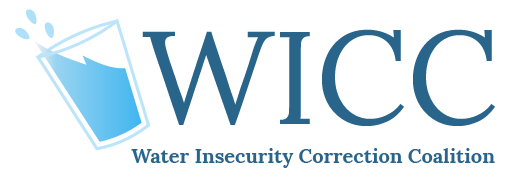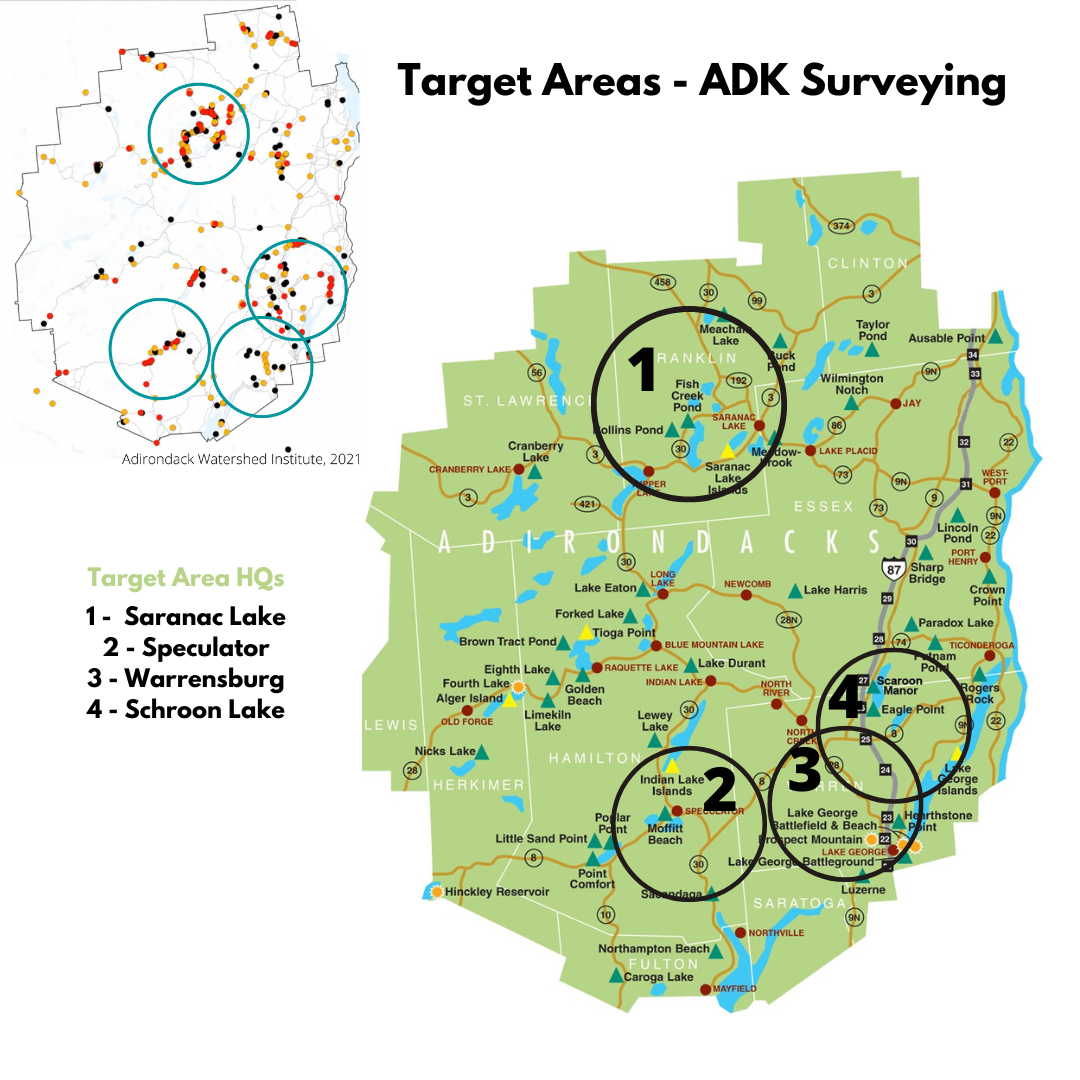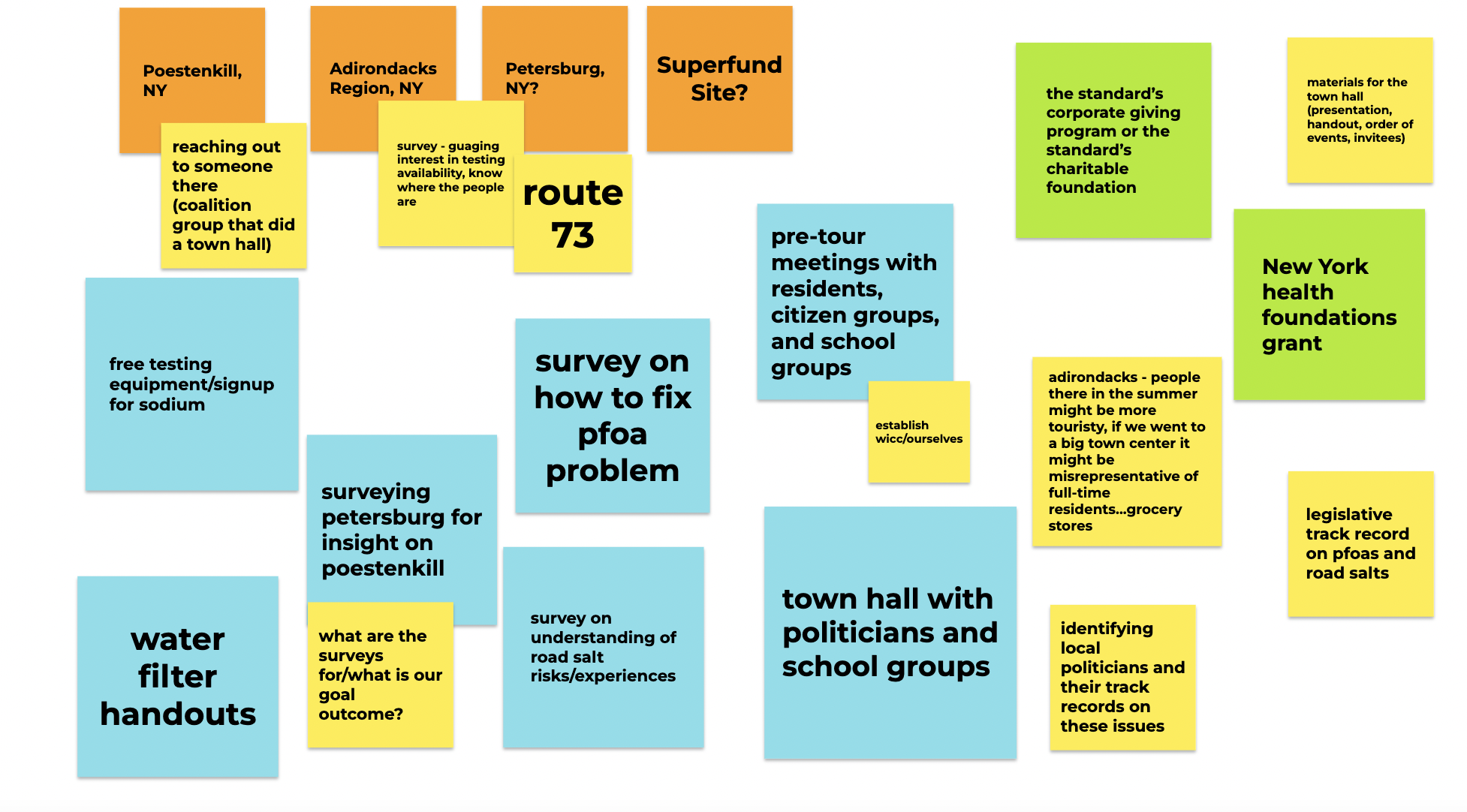Road Salt in the Adirondacks
Scenic mountain view from Keene Valley, NY.
Road salt is used on state roads to mediate ice during the winter, but properties down-valley from these routes experience toxic levels of sodium contamination in their water. Inherently, this problem significantly affects the rural populations in the Adirondacks. The Adirondack Watershed Institute tested 500 Adirondack wells downhill from state roads in 2019 and found that over two-thirds of them had sodium levels exceeding the federally recommended limit. However, access to sodium testing is limited, since most households in the Adirondacks utilize private wells rather than regularly-tested municipal water connections. Residents’ understanding of the problem is lacking for the same reason – insufficient education on road salt contamination, and disconnect from a larger, regulated water source.
-
Ry Rivard, Adirondack Explorer
April 2020
-
-
July 2020
PFAS in Poestenkill
Perfluorooctanoic acid (PFOA) pollution is currently contaminating the town of Poestenkill’s water supply. PFOA is a contaminant often attributed to industrial waste and runoff that can cause serious health problems when ingested, including cancers and kidney disease. Poestenkill’s contamination crisis was found after Algonquin Middle School was found to have PFOA-laden water. Residents of this small upstate town have been working since at least January to get town-wide water testing to better their understanding of the extent of the contamination.
-
Times Union, February 2022
-
New York State Department of Environmental Conservation
November 2021
-
Spencer Conlin, SpectrumOne News
January, 2022
Where WICC comes in
Volunteers survey residents in Saranac Lake, NY (Oct. 2022).
With sufficient funding, WICC plans to implement a two-pronged Upstate Water Contamination Project to address these two critical problems facing Upstate New Yorkers.
Throughout the project, WICC team members will be coordinating a fleet of volunteers in 4 tracts across Adirondack Park to survey residents’ attitudes regarding their water and road salt contamination.
After compiling the survey results, WICC will moderate 2 town hall/panel events in Poestenkill and the Adirondacks, led by youth-led and local environmental nonprofits hosting local residents and representatives from town governments.
Using collected survey data, WICC will also be providing direct resources to residents to improve their water security status — with GAC filters for households in Poestenkill, and free need-based sodium testing for ADK residents.
The Upstate Water Contamination Project team is comprised of Board President and Primary Consultant Annabel Gregg, Executive Director Arianna Trapp, Board Treasurer Sam Grimmke, Board Secretary Nolan Lyons, Advocacy Director Nico Gentile, Fundraising and Finance Director Madeline Van Shelven, and Project Coordinator Reya Kumar.
Jamboard from Week 8 plan discussions amongst core project team, 2022.
Over an 8-week period, the WICC team engaged in extensive brainstorming exercises and collaborative meetings to develop the outline and goals for this project. WICC is just entering the plan’s implementation phase: we are working to build coalitions and secure funding for this innovative initiative.







